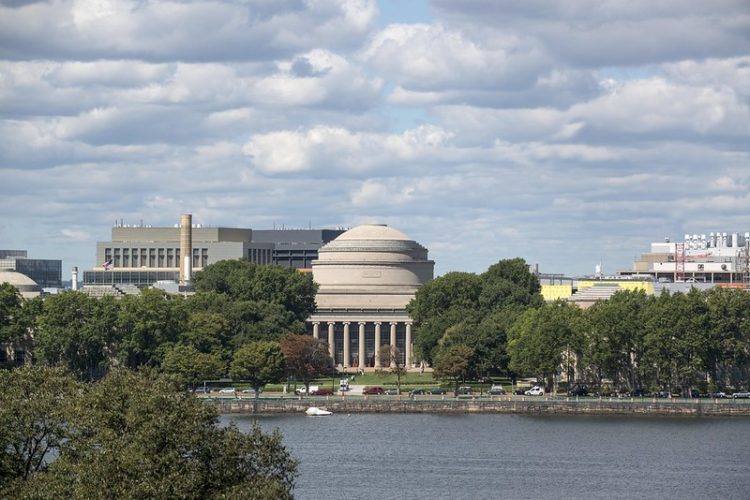Our goal is to develop AI technologies that will change the landscape of healthcare and the life sciences. This includes the whole span from the discovery of biological mechanisms to early disease diagnostics, drug discovery, care personalization and management. Building on MIT’s pioneering history in artificial intelligence and life sciences, we are working on algorithms suitable for modeling biological and clinical data across a range of modalities including imaging, text and genomics.
While achieving this goal, we strive to make new discoveries in machine learning, biology, chemistry and clinical sciences, and translate our discoveries into technologies that can improve people’s lives. While the Jameel Clinic focuses primarily on AI and Health, other research labs and centers affiliated with EECS have groups engaged in AI for healthcare and life sciences, including IMES, CSAIL, LIDS, and the Eric and Wendy Schmidt Center at the Broad Institute.
Latest news in AI for healthcare and life sciences
A new technique can be used to predict the actions of human or AI agents who behave suboptimally while working toward unknown goals.
Assistant Professor Priya Donti has been named an AI2050 Early Career Fellow by Schmidt Sciences, a philanthropic initiative from Eric and Wendy Schmidt aimed at helping to solve hard problems in AI.
MIT spinout DataCebo helps companies bolster their datasets by creating synthetic data that mimic the real thing.
Victory Yinka-Banjo is a junior majoring in 6-7: Computer Science and Molecular Biology.
The Department of Electrical Engineering and Computer Science (EECS) is proud to announce multiple promotions.
